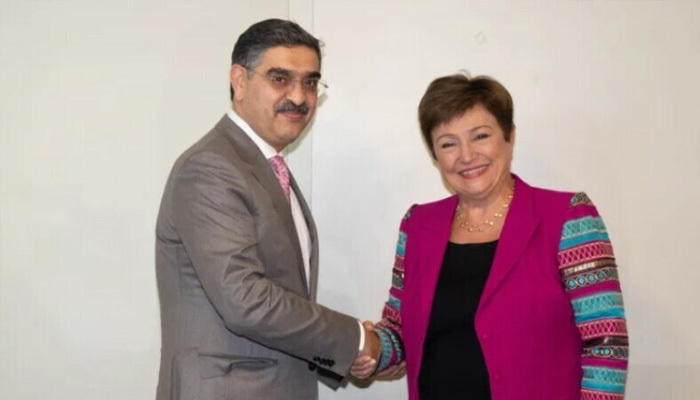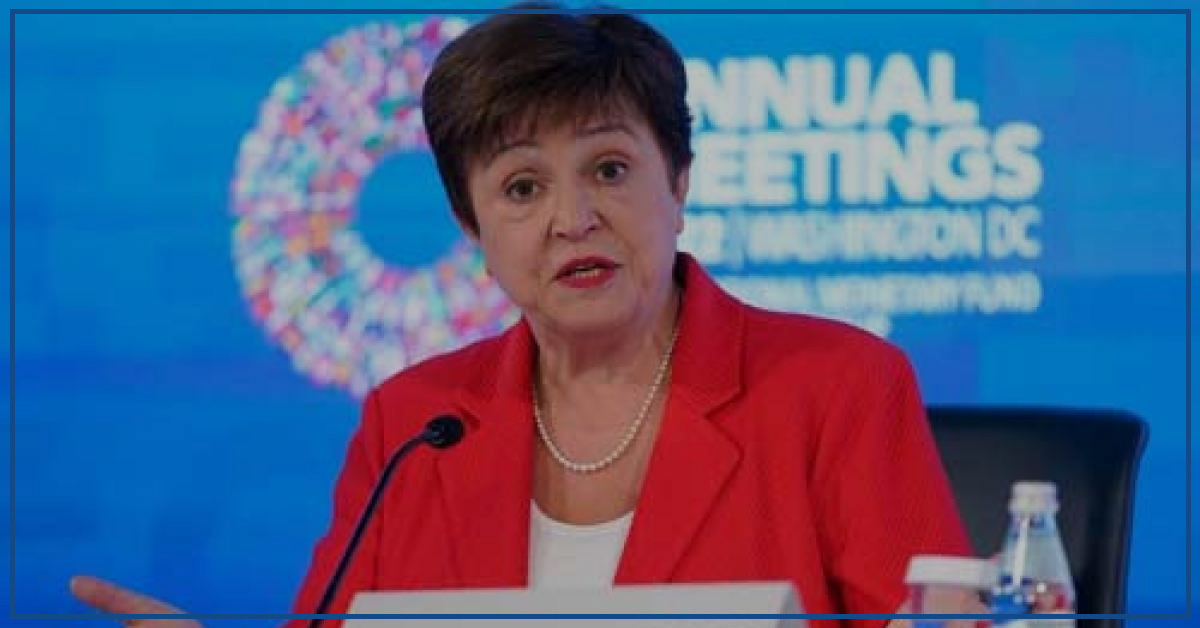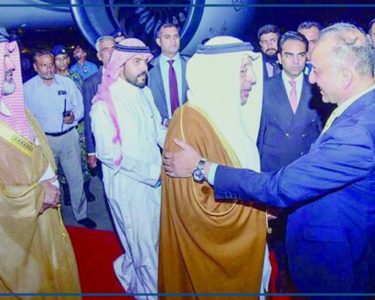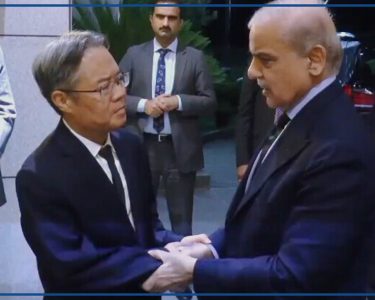The head of the International Monetary Fund (IMF), Kristalina Georgieva, has called on Pakistan to increase taxes on the wealthy and safeguard the well-being of the poor as the country grapples with soaring inflation following a last-minute bailout secured in July.
In August, Pakistan experienced a year-on-year inflation rate of 27.4%, putting a strain on household budgets. This surge in prices, coupled with high electricity bills, sparked protests across the nation. The government initially promised relief but later withdrew it, citing its commitments to the IMF.
Kristalina Georgieva made these remarks during an interview with German broadcaster Deutsche Welle at the Munich Security Conference.
This statement follows recent negotiations between Pakistan and the IMF, which failed to yield a staff-level agreement within the stipulated time frame to revive a $6.5 billion bailout package. However, both sides have agreed on a set of measures that could still lead to a deal and avert a looming financial crisis.
Pakistani authorities had hoped to convince the IMF of their commitment to gradually fulfilling outstanding conditions, but the 10-day visit by the IMF mission, which concluded on February 9, did not result in a staff-level agreement.
Speaking at the Munich Conference, Kristalina Georgieva elaborated on the measures the IMF expects the Pakistani government to undertake.
“We are emphasizing two things. Number 1: tax revenues. Those who can afford it, those who are earning well, need to contribute to the economy,” she stated, referring to the IMF’s conditions for reviving the stalled bailout package.

Meanwhile, Pakistan’s interim Prime Minister, Kakar, also mentioned the meeting, emphasizing their mutual commitment to enhancing economic stability and growth in Pakistan.
These comments by Georgieva followed a 10-day visit to Islamabad by an IMF delegation, which did not result in the signing of an agreement to release the urgently needed $1.1 billion tranche.
However, after the IMF team departed on February 10, Pakistan’s Finance Minister, Ishaq Dar, announced that the government had accepted the IMF’s conditions, leading to the presentation of a finance bill in parliament that includes tax increases and fuel price hikes.
In June of the previous year, Pakistan and the IMF had reached a Standby Arrangement to address the country’s financial crisis. The IMF’s executive board had approved an immediate disbursement of $1.2 billion, with the remainder to be phased over the program’s duration, subject to quarterly reviews.
This approval followed deposits of $2 billion by Saudi Arabia and $1 billion by the United Arab Emirates (UAE) into the State Bank of Pakistan, bolstering foreign exchange reserves. The $3 billion funding over nine months exceeded Pakistan’s earlier expectations, as the country had been awaiting the release of the remaining $2.5 billion from a $6.5 billion bailout package agreed upon in 2019, which had expired in June.





